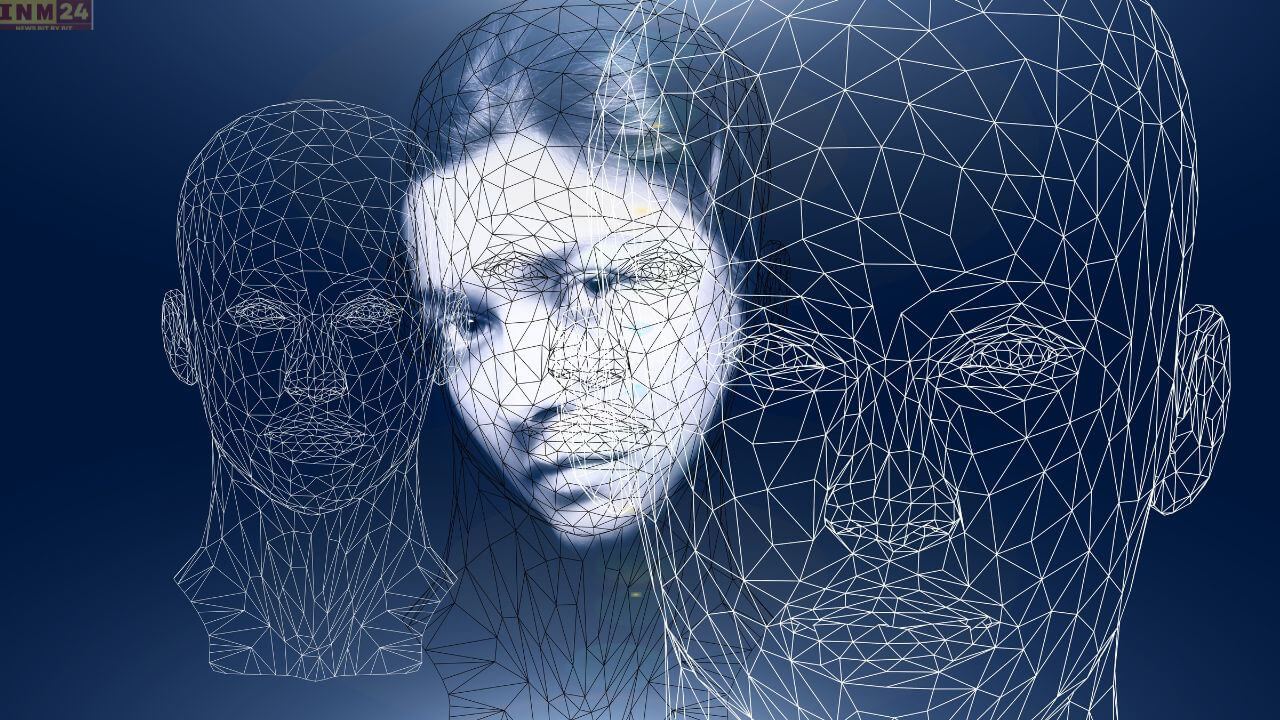In the intricate workings of the human mind lies a fascinating array of psychological phenomena that shape our thoughts, behaviors, and perceptions. From the inherent inclination towards problem-solving to the nuanced interplay between positive and negative memories, our cognitive processes offer profound insights into the complexities of human nature. Delving into the realm of psychology unveils the profound impact of factors such as colors, appearance, and experiences on our emotional well-being.
Moreover, the dynamic relationship between busyness and happiness, as well as the intriguing attachment to possessions, highlights the intricate tapestry of human psychology. Furthermore, the convergence of decision-making processes in various aspects of life, from choosing products to selecting life partners, underscores the universality of psychological patterns guiding human behavior. In this article, we explore these intriguing psychological phenomena, shedding light on the fascinating intricacies of the human mind.
Problem-Solving Preference
Positive vs. Negative Memories
Psychologists suggest that our brains tend to remember negative experiences more vividly than positive ones. This is because our minds prioritize negative memories as a survival mechanism. However, dwelling too much on negative experiences can have detrimental effects on our mental well-being.
The Influence of Colors and Appearance
The colors we see and the way we present ourselves can directly impact our mood. Dressing well and feeling confident in our appearance can boost self-esteem and contribute to a positive outlook on life.
Spending Money on Experiences
Research shows that spending money on experiences rather than material possessions tends to bring more happiness. Engaging in activities like travel, watching movies, or playing sports can lead to greater satisfaction and reduce everyday stress.
The Power of Keeping Busy
The saying “an idle mind is the devil’s workshop” holds some truth. Staying busy is associated with greater happiness because it leaves less time for dwelling on negative thoughts. When we’re occupied with tasks, we tend to feel more content and fulfilled.
Attachment to Possessions
People tend to place a high value on things they own. This attachment to personal belongings can make it difficult to let go of them, even if they’re not particularly useful. This phenomenon explains why individuals often find it challenging to declutter their possessions.
Similar Decision-Making Processes
Whether it’s choosing products or selecting life partners, our decision-making processes are often similar. Both online dating companies and online shopping platforms use similar psychological patterns to market their products and services. Our decision-making factors tend to overlap, whether we’re choosing items or companions.
